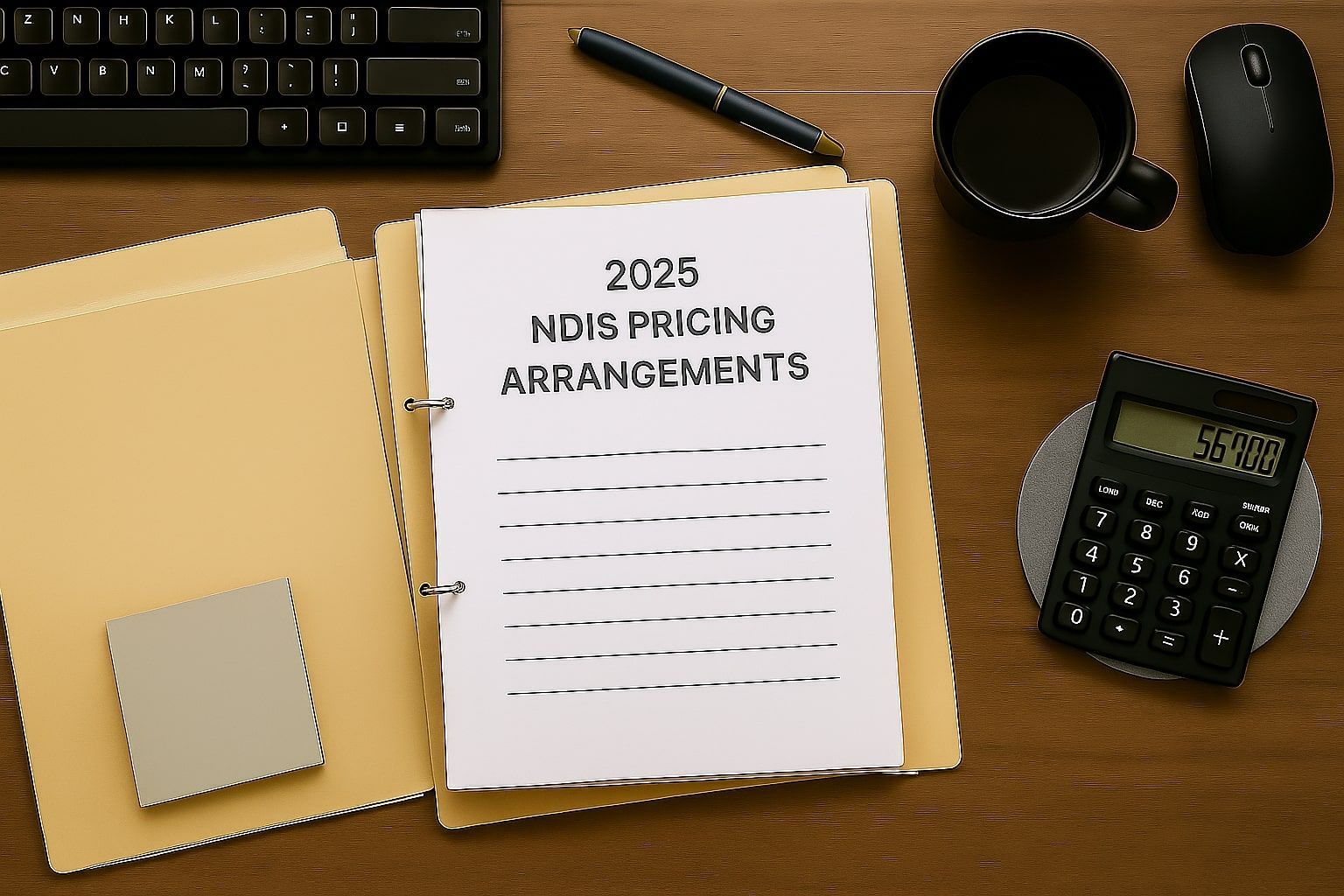Investing In NDIS Housing Wisely Is Profitable
The SDA niche is predicted to experience significant expansion, due to limited supply and high demand plus an increased government commitment to the sector. However, experts caution that there can be unexpected complexities, expenses, and risks associated with SDA housing assets.
Those with very high support needs can be accommodated through SDA housing. The National Disability Insurance Agency must approve those who are eligible for SDA housing. Labor has promised to reduce the waitlists, as well as to improve funding, in order to increase the number of people receiving SDA housing.
The government will attempt to guarantee that there is enough stock to support increased choice and control for NDIS participants who require SDA housing, as well as for providers and investors in SDA housing investment.
It is hoped that the investment will help to prevent hundreds of Australians with disabilities from being stuck in hospitals each year due to a lack of accommodation, as well as thousands of individuals under the age of 65 from being forced to reside in residential elderly care [3899 at the end of June 2021, down from 6000 in 2017-2018].
According to Melanie Southwell, CEO of SDA Alliance, which brings together SDA providers and investors, the SDA real estate market is still developing. “SDA is a very complex asset class at the moment, with thousands of homes but this will rise to tens of thousands at the end of the programme,” she said.
According to Professor Andrew Beer at the University of SA, the SDA sector has the potential to develop even more, especially outside the big cities. People with disabilities may live either on the metropolitan fringes or in the regions, he said. Demand for SDA housing will remains high in many areas of Australia.
Learn Before Investing
Long-term leases and the ongoing housing crisis are driving investor interest in the SDA housing sector. Because this kind of business is likely to be around for a long time, it will appeal to investors who can see the long-term benefits.
However, SDA housing is not the same as typical residential property investments. NDIS housing investment requires very steep learning, and it is not a game for novices, Professor Beer said. Because SDA housing is such a specialized sector, investors typically need to invest some time learning about the sector's requirements and compliance guidelines.
Sandro Peluso, the director of healthcare and social infrastructure at CBRE, indicated that the NDIS housing sector is drawing a lot of investors' attention and they expect SDA housing investor interest to almost double by the end of the year.
Understand the Complexities, Cost and Risks in NDIS Housing
Nonetheless, SDA housing and tenancy management programmes come with substantial costs and risks.
“Accessible NDIS properties should be built, but it is not enough to simply do that and expect people to use it,” Professor Beer said.
Furthermore, everything that is not standard comes with additional expenses, including making a large bathroom or installing lifting devices, or protecting the walls in wheelchair hubs.
Investors must take into account these risks and additional expenses, according to the SDA Alliance. “On the surface, SDA-compliant properties might appear to provide higher returns than typical residential real estate,” Ms Southwell said. “However, once you account for the extra expenses associated with SDA compliance, you will typically see returns in the range of 10%-12% annually.”
Connect With NDIS Housing Sector
Professor Beer recommends speaking with approved NDIS housing providers if you are thinking about investing in or developing SDA housing. These providers have the connections required to deliver successful SDA housing, have a grasp on the system, and are familiar with the queues of people who want to participate. Establishing the right networks is an effort some organisations aren’t prepared to make. You could also talk to consultants in the industry such as NDIS Property Australia who have a wide network of connections to various stakeholders in the market and have an in-depth understanding of the Specialist Disability Accommodation and what it takes to deliver SDA housing from both an investor and participant perspective.
Some firms have invested and withdrawn or intend to withdraw from the SDA programme. Other organisations, such as businesses like
NDIS Property Australia, have relied on SDA as a key aspect of their corporate social responsibility programmes.
Investors should also be aware of the significance of location with regard to SDA housing. It should be near public transportation, retail amenities, and employment hubs. SDA housing location is even more critical because many participants don't drive or would have difficulty travelling far without disability-supported public transport.




